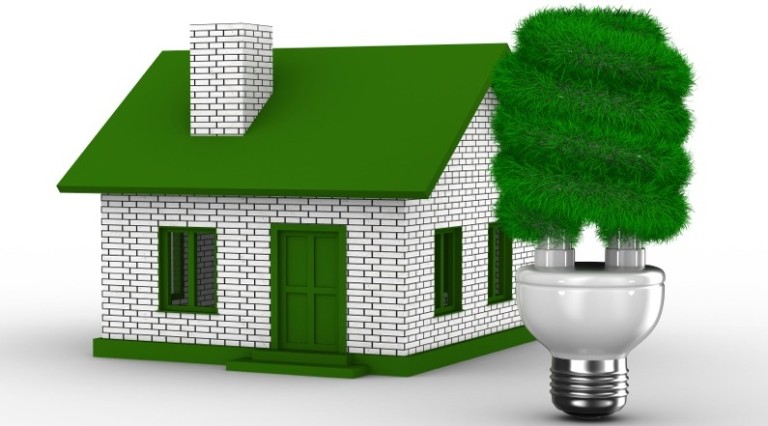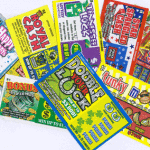Home Energy Waste
Stop Wasting Energy — and Money — This Winter
Are you tired of high utility bills landing in your mailbox in Buffalo? Not sure how to lower those bills without turning your heat way down or taking cold showers?
We at BuffaloQuotes.com can help.

Nearly 70 percent of the average home’s energy use falls into four main categories, according to EnergyStar.gov: Heating (29 percent), water heating (14 percent), appliances (13 percent) and lighting (12 percent). Here are some quick tips to help you save money in each of those areas and stay comfortable at the same time:
Heating
Use (or install) a programmable thermostat. Running the heat all day when you are at work is a waste, but keeping it off all day means you’re coming home to a freezing house. Today’s thermostats allow you to easily manage when the heat goes on and off.
Have a professional check your heating and cooling equipment to make sure it’s running efficiently. Also replace air filters regularly — whenever it looks dirty, or every 3 months, whichever is sooner.
Water heating
In addition to lowering your thermostat to about 120 degrees (F), adding insulation to an older water heater or the pipes themselves can keep water warmer longer.
Appliances
Wait to run your dishwasher until it is full; a half-load uses the same amount of water and energy as a full one.
When you’re using the stove, choose the right burner for your pots and pans. Using a big burner for a small pot can waste a lot of energy.
Keep your washing machine set to use cold water, whenever possible. And don’t forget to clean that lint trap in the dryer.
Lighting
Using compact fluorescent bulbs is an excellent idea, particularly for lights you use all the time, like above your porch or in your kitchen.
Replace your old decorative lights with new, energy-efficient models. Not only will they save electricity, they’ll last longer.
It’s not hard to get started with saving energy. Once you do and you see those bills get lower and lower, you’ll want to keep going. Check out EnergyStar.gov for more tips and information.


